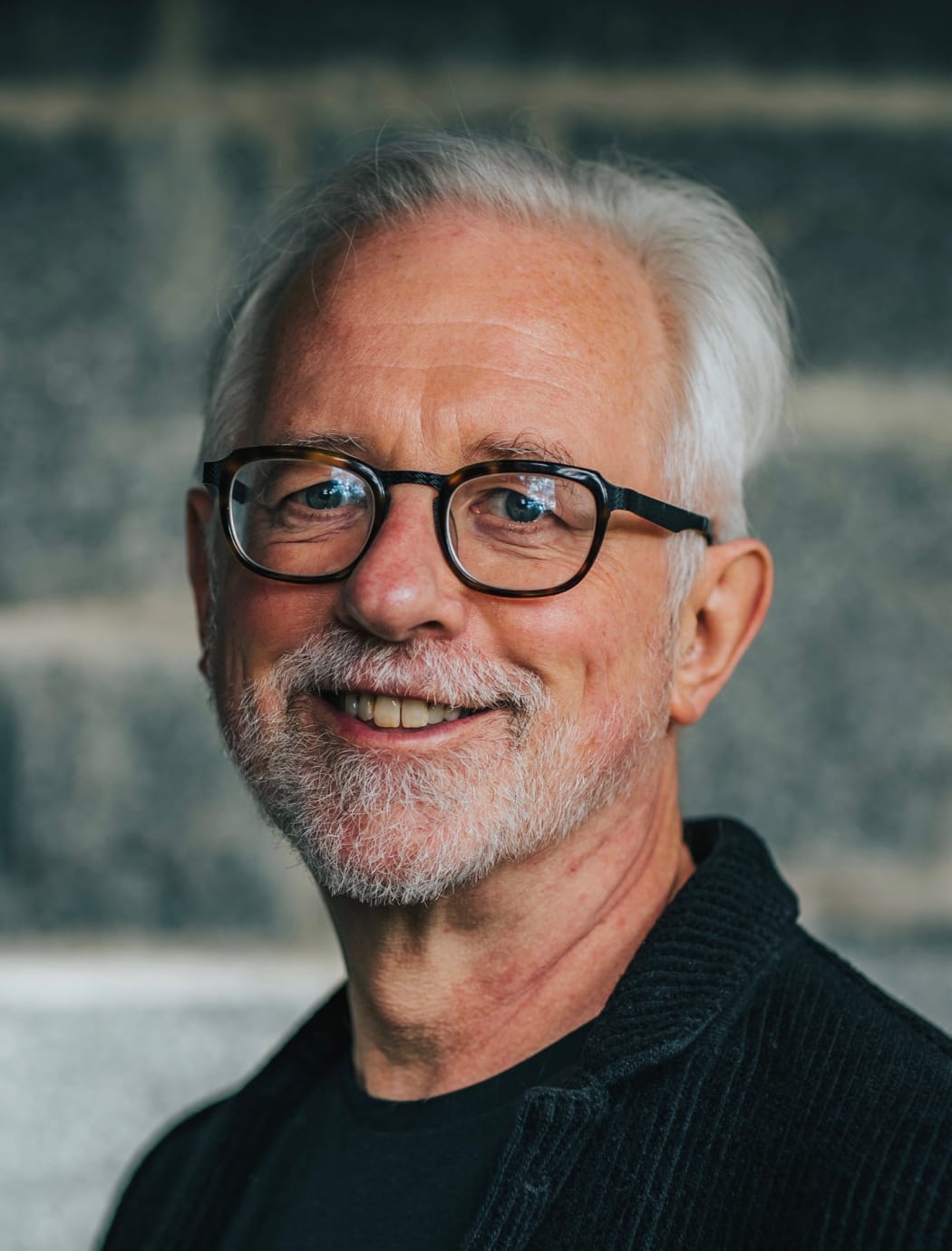Canadian geriatrician Kenneth Rockwood was once part of a pushback against the term 'frailty' but has come to see it's a crucial measure of an older adult's health.
He was recently awarded the Ryman Prize for his work, including a clinical frailty index that is improving the treatment of elderly people in healthcare systems around the world.

Professor Kenneth Rockwood Photo: supplied by Ryman Healthcare
Professor Rockwood didn't immediately identify himself as an 'anti-ageism campaigner' but now proudly accepts the term.
"To talk about frailty is actually a way to challenge ageism," he tells Kathryn Ryan.
As people age, they tend to have a whole lot of medical and social problems all at once and the higher the number, generally the frailer they will be, Professor Rockwood says.
In a six-year process, he and his friend, the late mathematician Arnold Mitnitski, figured out how to measure a person's frailty by the number of "health deficits" they had.
"We said someone is frail if they have a lot of things wrong with them. And if they have very few things wrong with them they're fit to some extent."
Historically, healthcare systems have been centred on diagnosis - identifying specific conditions with the use of specialised information - but we need to think more about other measures of health, Professor Rockwood says.
"Most electronic healthcare databases require the diagnoses - or the things you have wrong - and almost nothing else."
Medical students are taught that the most important piece of information they need to make a diagnosis is what a patient tells them, yet most healthcare systems are not well-equipped to support people with multiple and complex diagnoses, i.e. a high degree of frailty.
Reforming our healthcare systems to include frailty as a measure of health also requires an attitudinal shift, Professor Rockwood says.
In routine healthcare, doctors often see older people they haven't met before who may not be able to clearly express what's wrong with them in a way that makes sense to the doctor, he says.
"People who are frail are a real challenge for how we've organised healthcare."
The clinical frailty index enables healthcare systems to include frailty as a measure of an individual's health, he says.
"There's no need to apologise for talking about frailty because it allows us to lay out the challenges that inevitably happen to a certain fraction of people as we age."
Kenneth Rockwood is a professor of medicine and neurology at Dalhousie University in Halifax, Canada.

